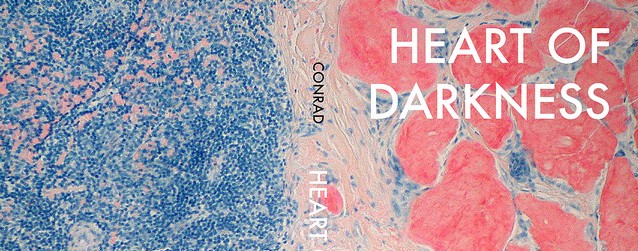There’s been much talk about Everyday Africa, a Tumblr photo journal of Ivorians as they go about their ordinary everyday tasks. The photos in the collection are captivating even as they make the simple claim that Africa need not be thought of as exceptionally bad or good. Africa just is. When I think about it like that Everyday Africa seems to me a departure from the 2010 BBC documentary, Welcome to Lagos, that portrayed Lagosians as both exceptionally poor and resourceful. If you ask me, I quite liked Welcome to Lagos even though it deserves much of the criticisms that came its way. But the reason I mention these two projects is not to sermonize about their pros and cons but to think about the longer history of controversies surrounding the representation of Africa—it’s past and present.
Hegel’s Africa
Hegel was a German philosopher writing mostly in the early 19th century. When he said that Africa was a savage place, he was way out of his depth. He had in mind a weird mix of things he’d read about Africa from Herodotus to Pliny to medieval travel stories, 16th century encyclopedias, and some very shady anthropological studies of his day. He put all these together and came up with an Africa of beastly humans. Hegel’s Africa, as frightful as it is, is a magical nowhere. (For more on Hegel’s removal of Africa from world history, read HERE).
Conrad’s Take
But as fictitious as Hegel’s Africa is, it continues to haunt us. It haunted Achebe as well as the philosophers of Negritude who were astonished that the rest of the world could take people like Hegel seriously. For a long time, African thinkers felt the burden of bearing witness against a past–a barbarous past–that they themselves found baffling. Achebe has said that he wrote Things Fall Apart as a reply to people who, like Hegel, portrayed Africa’s past as “one long night” of barbarism. Of course, Achebe had Joseph Conrad in mind. Conrad’s novel, Heart of Darkness, was first published in 1899. It’s the story of a ship’s Journey up the River Congo. In the novel, Africa is one long and snakelike river and Africans do nothing but get sick, babble nonsense, and eat people. Conrad, though, didn’t dream up this image of Africans. There had always been a tradition of writings about Africa that extended to Hegel and before. Conrad simply tweaked this received tradition to his own purposes, which Conrad’s apologists have argued were well-meaning.
Achebe’s Testimony
But Achebe is not so keen on whether Conrad had good intentions when he wrote Heart of Darkness, whether his novel was meant to be a diss on imperialism and not Africa, or wether his political efforts were cutting edge for its time. Achebe was just pissed that the same stories of Africans as naked and babbling cannibals were still being circulated after hundreds of years and after a good amount of discoveries had been made about Africa’s past. He wanted to prove that these people were wrong about Africa. You can kind of see how the logical outcome of this was Things Fall Apart. Achebe wanted to reconstruct Africa in people’s minds as a place just like any other place. Okonkwo’s village may have its quirks, but it is a society like any other with individuals coming of age, getting married, working hard, hanging out with friends, and getting into trouble. Things Fall Apart, The African Child, The Concubine and so on are all novels seeking to testify to a different truth about Africa’s past. (Read Achebe’s controversial criticism of Conrad HERE)
Your Thoughts
Achebe cried out against bad novels about Africa. Public intellectuals today complain about bad media representations of Africa. Are both problems the same? Have things change? What image do you have of Africa? How would you like Africa to be represented?
Post Image (Heart of Darkness Cover) by Bryan Coffelt
Feature Image Dark-Angel-90










COMMENTS -
Reader Interactions